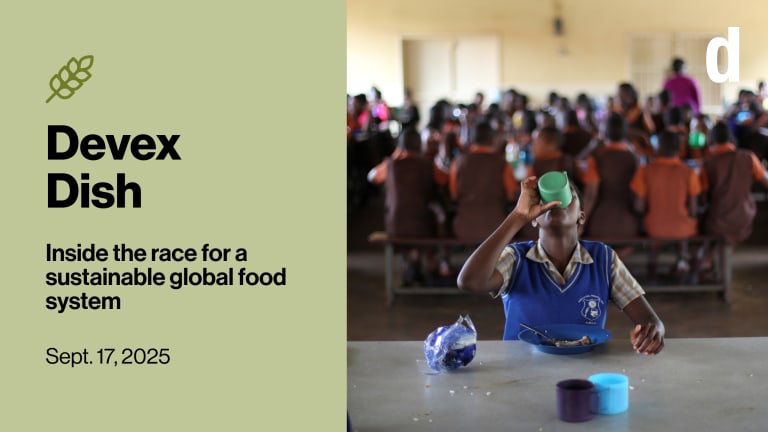
Former U.S. President Bill Clinton announced that his philanthropic summit has raised 246 pledges worth more than USD2.5 billion to help reduce poverty and promote the welfare of women and girls.
This would bring total pledges to the Clinton Global Initiative over its five-year history to more than USD63 billion, the former U.S. president said.
Among the pledges made at the summit, which runs through Sept. 23 in New York, include USD1 million from Google Inc. for Pakistani relief and commitment from Americares to help protect 1,000 adolescent girls in earthquake-ravaged Haiti from sexual assault, Bloomberg reports.
Haiti and Pakistan were high on the agenda of the meeting. Clinton also underscored the importance of women’s empowerment during the summit, which kicked off Sept. 21.
>> CGI Meet to Spotlight Haiti, Pakistan
“Is there a widespread belief, deep down inside, that men should have more rights than women? It’s worth thinking about,” Clinton was quoted by Bloomberg as saying.
Clean cookstoves initiative
U.S. Secretary of State Hillary Clinton unveiled the Global Alliance for Clean Cookstoves, a public-private partnership led by the United Nations Foundation that focuses on creating a global market for clean cookstoves, at the CGI summit.
The U.S. committed USD50 million for the initiative, which will establish stove standards and field-testing leading technologies, promote applied research on cleaner cookstove technology, and tap innovative financing tools, Clinton told The New York Times.
The Shell Foundation, Germany, Norway, and other governments and private firms will also contribute to the initiative, the U.S. secretary of state said.
Agriculture and economic growth
U.S. Agency for International Development Administrator Rajiv Shah, in his address at the CGI meeting, stressed the need to translate agricultural productivity into economic growth.
To boost farm productivity, Shah said access to education must be increased and new crop varieties should be developed. There is also a need to provide essential inputs such as irrigated water and fertilizer as well as infrastructure, he added.
“[I]ncreasing agricultural productivity is not our ultimate goal. Our ultimate goal is increasing economic growth. That’s why we must work to evolve the agricultural sector of developing economies, creating the opportunity for farmers add value to the commodities and cash crops they produce,” Shah said.
This approach, he said, is embodied in the U.S. government’s Feed the Future initiative, which focuses on country-led agricultural strategies that can help transition toward long-term economic development.
>> Feed the Future Targets Larger-Scale Projects in Fewer Countries
“We will partner with countries that we believe have a firm commitment to growth, and are best poised to experience the kind of change we seek,” Shah said.








